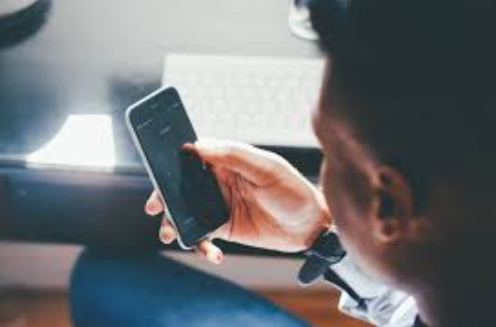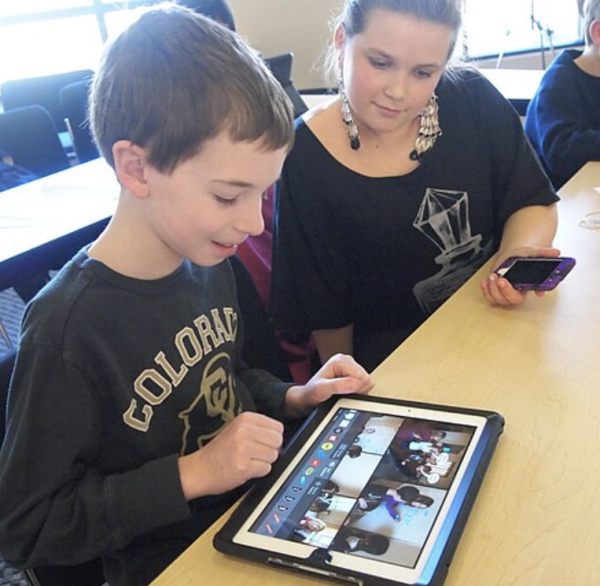Technology Alters the Human Brain

Photo by pxhere.com
Due to COVID-19, many can agree that technology has a major effect on our lives today. Not only has time connecting with others through technology increased for adults, but for children too. Spending too much time on technology is a general concern for parents; however, during this stage of our lives, it is necessary, especially for educational purposes.
A common misunderstanding is that technology only negatively affects your health. In some aspects, this is true, however, there are ways that technology has a positive impact on our brains. According to the U.S. National Library of Medicine, scans show that stimulated internet searches cause an increase in brain neural activity. These include video games and other computer programs. These computer programs can improve cognitive abilities that consist of stronger memory, multitasking skills, and fluid intelligence. Nonetheless, video games and technology overall is still considered a distraction, if it is not relative to mandatory work.
Depending on how long you use technology, or when, it will have a few negative impacts on your brain. Those who use technology more often tend to forget more little things, such as where they put their car keys, because the brain is pushing little information out in order to store the information they’re getting from being online. According to the University of Melbourne, a study using neuroimaging of frequent Internet users revealed twice as much activity in the prefrontal cortex of the brain compared to sporadic users. This part of the brain is applied to short-term memory and quick-decision making.
Sleep schedules can also be affected by the use of technology. We’ve all had those nights where we can’t seem to get off of our phones, or stop binge watching our favorite shows. These things stimulate our brains by making us less prepared to sleep and more distracted by whatever we’re watching/playing, which causes us to stay awake past our bedtime. The bright light given off from the screens trick our brains into increased alertness, or thinking it’s daytime. According to Sleep Health Foundation, using a bright screen for 1.5 hours or more can cause people to feel less sleepy. Everyone is different when it comes to being affected by technology, so some are more affected than others.
The best way to avoid these negative effects is to regulate your use of technology. Prioritize any online work earlier in the evening. Then, closer to bedtime, decrease the usage of your phone, computer, or TV, so that your brain can relax.
Your donation will support the student journalists of Parkland High School. Your contribution will allow us to purchase equipment and cover our annual website hosting and printing costs.







